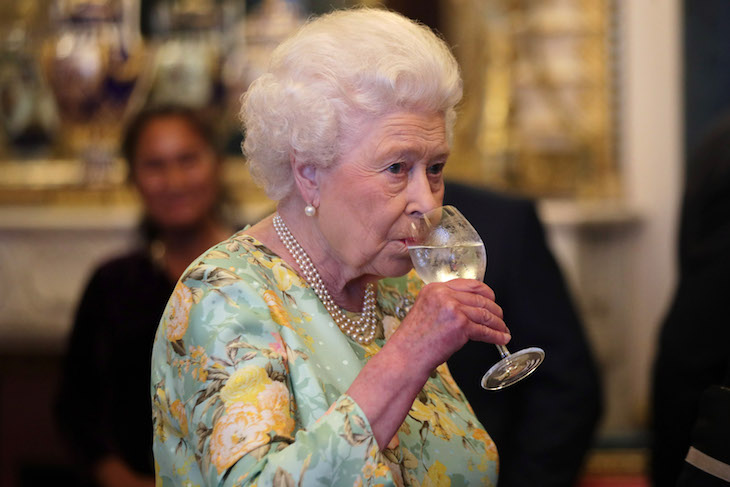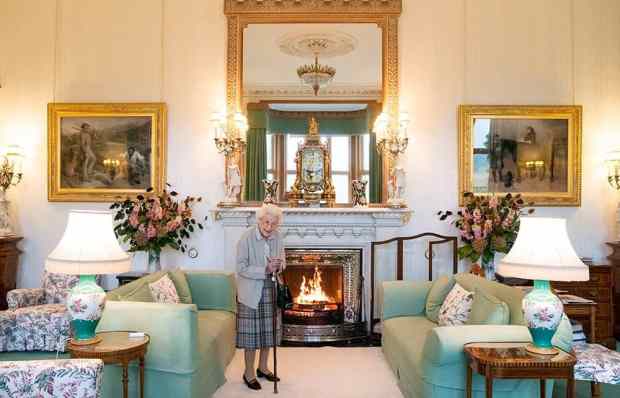Next week, 53 world leaders arrive in London for the Commonwealth summit. It is hard to imagine a better network for the globalised age. Leaders of countries with a combined population of more than two billion will come to discuss issues of common interest. There will be a banquet hosted by the Queen — in her role as the Head of the Commonwealth — at Buckingham Palace, and a day-long leaders’ retreat at Windsor Castle. A nod to history, to be sure, but if the Commonwealth was just about nostalgia the summits would have stopped long ago.
The G53 will have much to discuss. The Commonwealth has a shared language, overlapping administrative and legal systems (largely based on English common law) and a shared heritage. This leads to the ‘Commonwealth Advantage’, with trade between members higher and the cost of doing business much lower. The Commonwealth contains half of the world’s top 20 emerging cities. It is the perfect alliance for the 21st century, and the summit comes at the right time, when Britain is making new alliances and lifting its sights to more distant horizons.
In the months before the European Union referendum, JP Morgan calculated that the nations of the Commonwealth would make a more coherent trading bloc than the members of the European Union. This isn’t saying much. It found that almost any group you could imagine has more in common than the EU: a reconstituted Ottoman Empire, for example, or an alliance of countries beginning with the letter ‘B’. Europe’s defining characteristic is the dazzling diversity of its countries — and attempts to impose conformity end badly.
It makes sense that this organisation is headed by the British monarch, rather than purely by rotating chairmanship. The Queen has honoured the promise she made at the age of 21 to serve all the members of what she then called ‘our great imperial family’. She is the biggest single reason for the Commonwealth’s survival, having steered it through various crises, including apartheid in South Africa. Her service to the Commonwealth underlines the crown’s function as a unifying force at home and abroad. Her leadership underlines the idea that the Commonwealth is a prestigious organisation to belong to. (And to join. The most recent member to do so was Gambia, earlier this year, rejoining after its democratic elections.)
The Queen, who turns 92 this month, no longer travels to the further-flung parts of the Commonwealth, and this could be the last summit that she attends — raising the question of succession in the future. There is no rule saying that the Commonwealth must be chaired by the British sovereign, so it’s an open question. The Queen was ‘acclaimed’ its head upon the death of her father, George VI, in 1952. But in recent months, there has been discussion about other alternatives.
This issue can be quickly dealt with. The Prince of Wales has demonstrated his commitment to the Commonwealth, touring widely and often standing in for the Queen. He is the obvious successor, given that he would be the head of state for 15 Commonwealth realms, in addition to the United Kingdom, and he would likely be supported by the vast majority of members. It’s a question that can, and should, be resolved now.
Challenging Orban
There are several ingredients for a successful democracy: the rule of law, opposition parties working without harassment, and a free press able to discuss every issue from every angle. Viktor Orban won a landslide victory in Hungary’s elections last weekend, reflecting public support that is far wider than his critics allow. But was it the result of a free and fair debate?
This week, the last serious independent Hungarian daily newspaper closed. Magyar Nemet — and its sister radio station Lanchid Radio — have been unable to recover from financial problems which have been exacerbated by government advertising being withdrawn from troublesome newspapers and ploughed into friendly ones. Almost every national and regional newspaper in Hungary is now owned by businessmen loyal to Mr Orban.
He argues that his political power comes from a large democratic mandate. But any democrat ought to relish debate and challenges to government power. The fate of Hungary’s newspapers — and its civil society groups — suggest that Mr Orban would prefer to rule unchallenged.
Got something to add? Join the discussion and comment below.
Get 10 issues for just $10
Subscribe to The Spectator Australia today for the next 10 magazine issues, plus full online access, for just $10.
You might disagree with half of it, but you’ll enjoy reading all of it. Try your first month for free, then just $2 a week for the remainder of your first year.














Comments
Don't miss out
Join the conversation with other Spectator Australia readers. Subscribe to leave a comment.
SUBSCRIBEAlready a subscriber? Log in